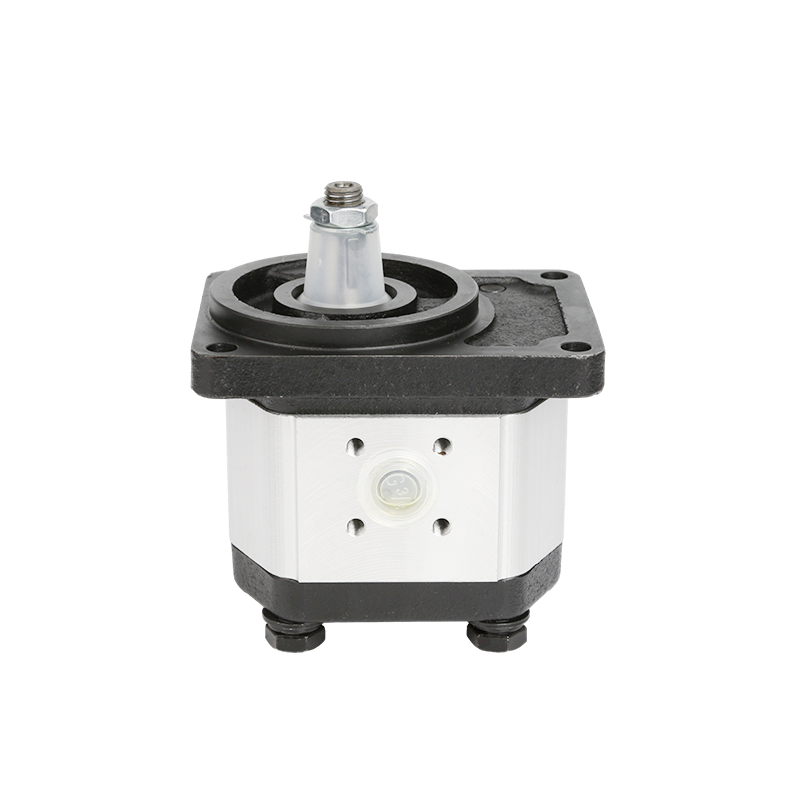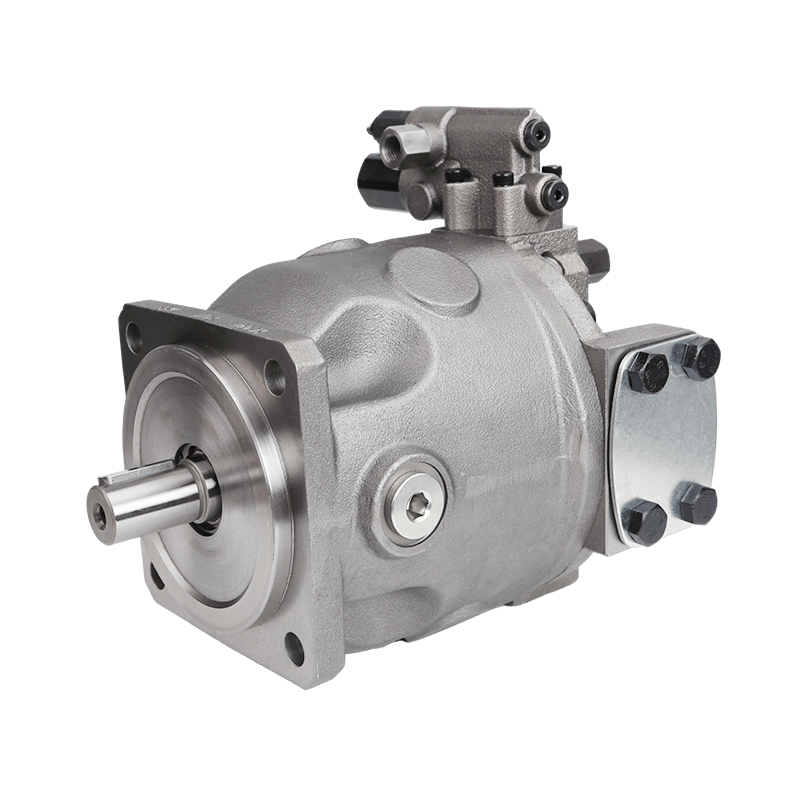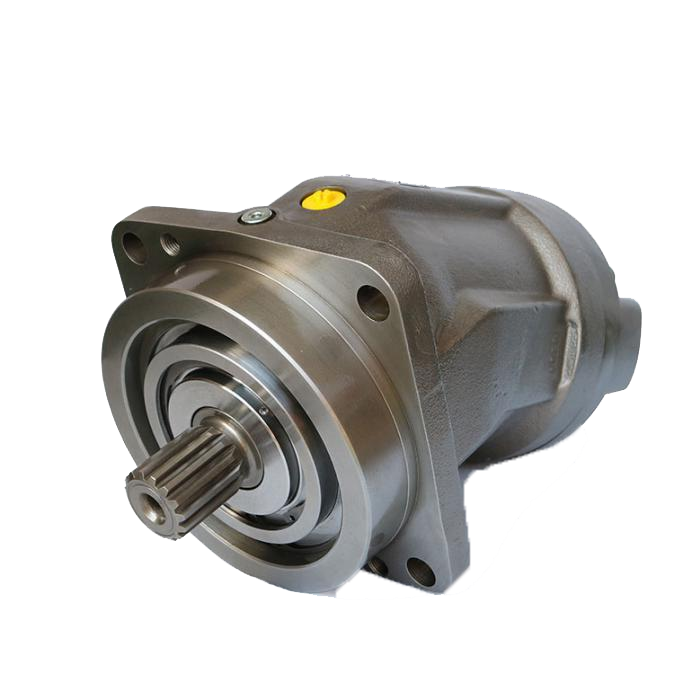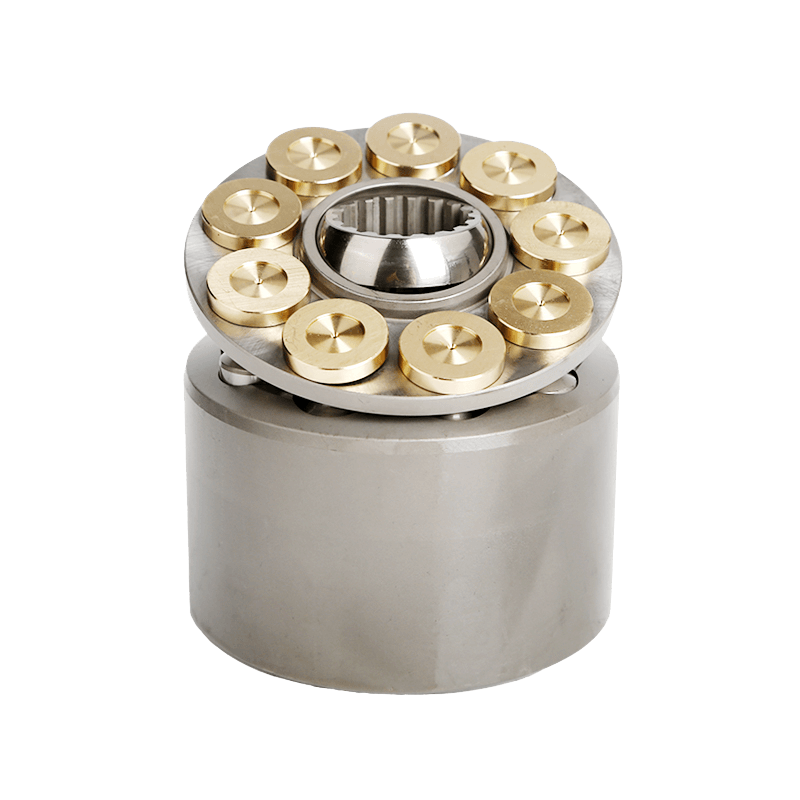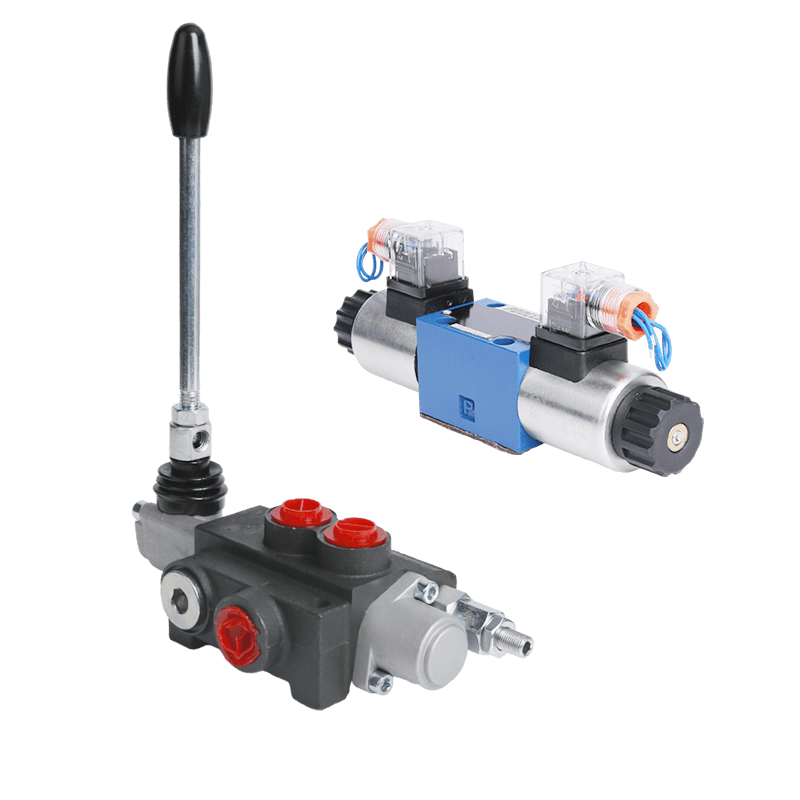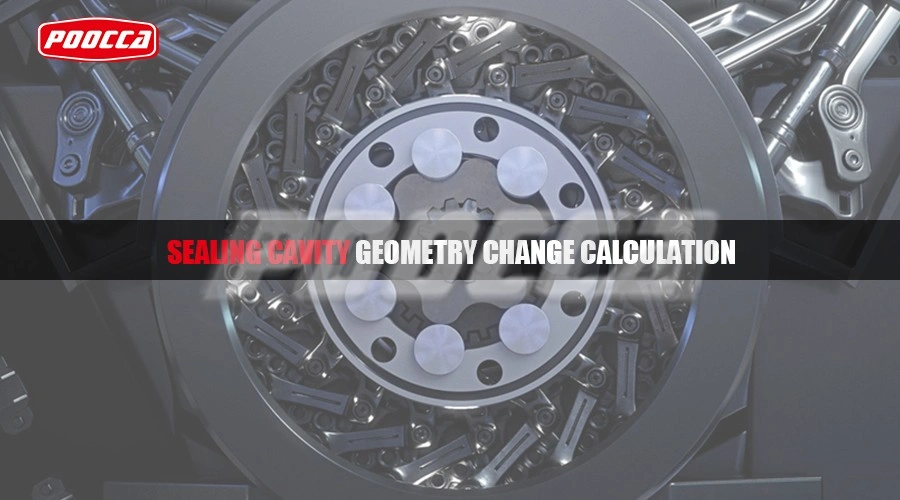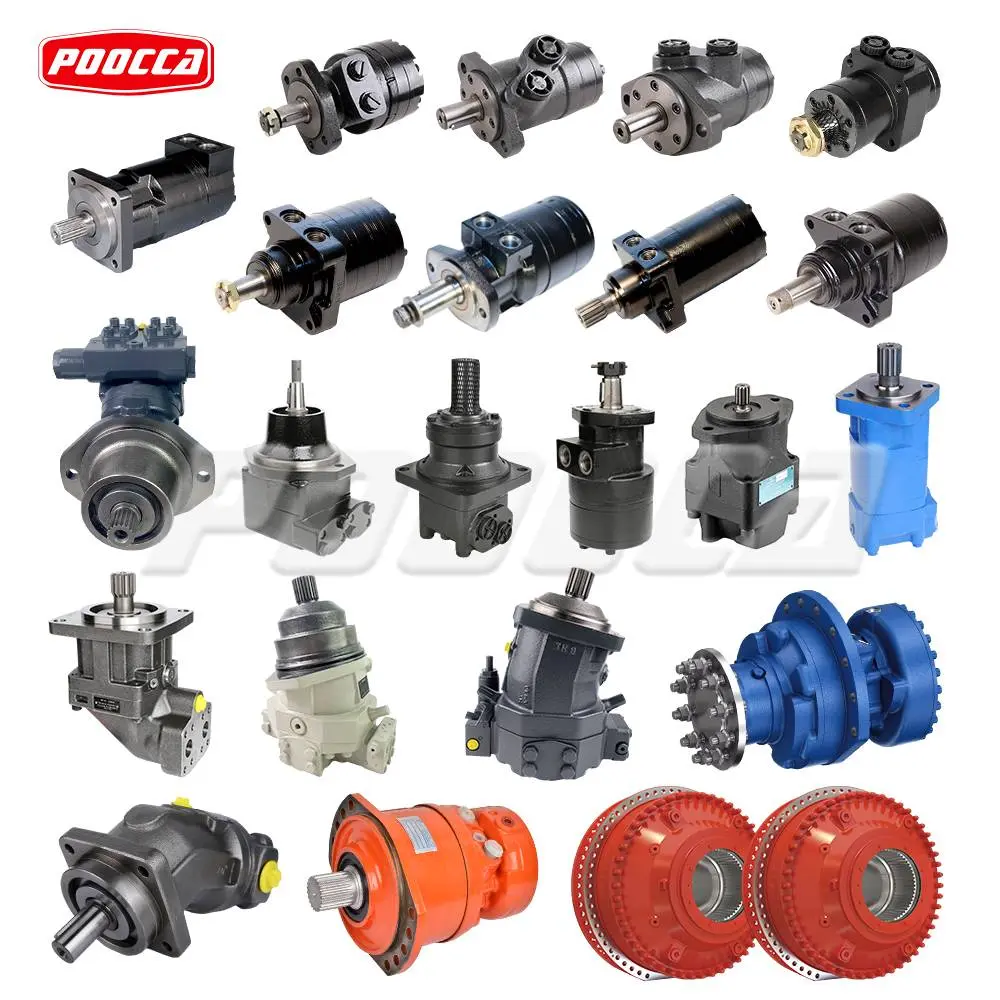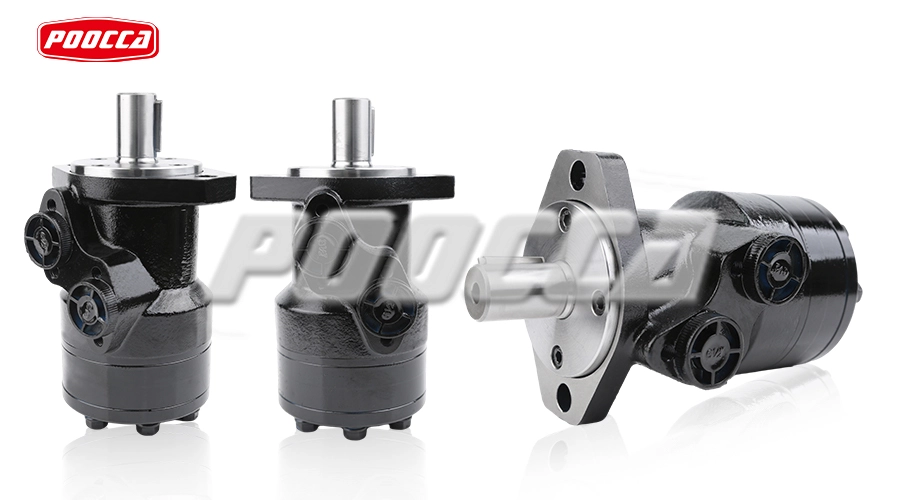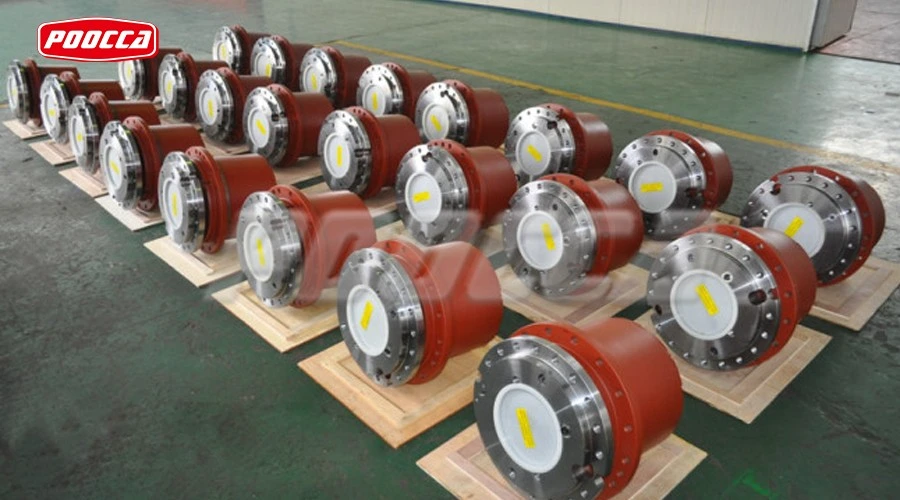Hydraulic motors are essential elements in numerous industries, converting hydraulic energy into mechanical energy to power various applications. When exploring the realm of Hydraulic Motors, it’s vital to comprehend their functionalities, benefits, and the different types accessible. This guide seeks to offer newcomers crucial knowledge about the three main types of hydraulic motors.
Understanding Hydraulic Motors
What are Hydraulic Motors?
Hydraulic motors are devices that convert hydraulic energy into mechanical energy, typically by using pressurized hydraulic fluid. This energy transformation enables the operation of various machinery and equipment, ranging from industrial machinery to mobile machines like excavators and loaders. These motors are integral in systems where high torque and variable speed are required.
How Hydraulic Motors Work
The basic working principle of Hydraulic Motors involves the utilization of pressurized fluid to produce rotational motion and torque. The hydraulic fluid, typically oil, is directed into the motor through the inlet and works against gears, vanes, or pistons within the motor to generate movement. This movement is then translated into mechanical power for various applications. The efficiency and effectiveness of a hydraulic motor depend on the precise design and the type of motor used.
Advantages of Using Hydraulic Motors
Using Hydraulic Motors presents several advantages. Firstly, they offer a high power-to-weight ratio, making them suitable for applications where space and weight are critical constraints. Secondly, hydraulic motors provide variable speed and direction control, which is essential for precise operations. They are also durable and robust, capable of withstanding harsh operational environments. Importantly, hydraulic motors are highly efficient, particularly at lower speeds, which can result in cost savings for many operations.
The Gear Hydraulic Motor
Definition and Basic Operation
A gear hydraulic motor functions by employing interlocking gears to transform hydraulic energy into mechanical energy. As pressurized fluid flows into the motor, it acts on the gear teeth, inducing rotation. This rotational motion produces mechanical power that can be utilized to operate different types of machinery. Gear hydraulic motors are recognized for their straightforward design and dependability.
Key Features and Applications
Gear hydraulic motors are recognized for their durable and straightforward design. Their compact size and high reliability make them favorable for many applications. Key features include a continuous smooth operation, high efficiency at low to medium speeds, and a robust construction that allows for extended operational lifespans.
Common Industries Utilizing Gear Hydraulic Motors
Industries such as agriculture, construction, and material handling frequently use gear hydraulic motors. They are often deployed in applications like conveyor systems, augers, and agricultural machinery, where consistent performance and reliability are paramount.
Pros and Cons of Gear Hydraulic Motors
Gear hydraulic motors have several advantages, including a simple and cost-effective design, high reliability, and low maintenance requirements. However, they may produce more noise compared to other types and have a relatively lower efficiency at high speeds. Additionally, they may not be as versatile in applications requiring variable speed and torque.
The Vane Hydraulic Motor
Definition and Basic Operation
Hydraulic motors with vane operation function by utilizing vanes attached to a rotor. When pressurized hydraulic fluid enters the motor, it pushes the vanes outward against the stator, prompting the rotor to spin. This spinning action converts hydraulic energy into mechanical energy. Vane motors are known for their high efficiency and deliver smooth, consistent torque.
Key Features and Applications
Vane hydraulic motors are characterized by their quiet operation, high starting torque, and ability to maintain consistent speed under varying loads. These motors are also compact and relatively lightweight, making them suitable for a variety of applications where space is limited.
Common Industries Utilizing Vane Hydraulic Motors
Vane hydraulic motors are widely used in industrial automation, machining operations, and mobile hydraulics. You can find them in applications such as milling machines, plastic injection molding machines, and construction equipment where precise control and reliable performance are essential.
Pros and Cons of Vane Hydraulic Motors
Advantages of vane hydraulic motors include quiet operation, high efficiency, and excellent performance at a broad range of speeds. On the downside, these motors can be more susceptible to wear and tear due to the vanes’ constant contact with the stator. Proper maintenance is crucial to ensure their longevity and consistent operation.
Grasping the various types of Hydraulic Motors—such as gear and vane motors, along with others not mentioned here—lays a crucial foundation for choosing the appropriate motor for distinct applications. Each category presents distinct advantages and possible limitations, rendering them apt for different industries and purposes.
The Piston Hydraulic Motor
Definition and Basic Operation
A piston hydraulic motor operates on the principle of reciprocation. Pressurized hydraulic fluid enters the motor, causing pistons arranged in a radial or axial configuration to move. This movement creates rotational energy needed to drive various machinery. This type of motor is known for its ability to handle high-pressure applications and deliver substantial torque, making it indispensable in numerous industrial settings.
Key Features and Applications
Piston hydraulic motors are characterized by their high efficiency, precise control, and capability to operate under extreme conditions. These motors often come in two primary configurations: axial and radial, each offering distinct advantages. Axial piston motors are commonly used in high-speed applications, while radial piston motors excel in low-speed, high-torque scenarios. The flexibility and robust performance of piston motors make them suitable for a wide array of applications.
Common Industries Utilizing Piston Hydraulic Motors
Common industries employing piston hydraulic motors include heavy construction, mining, and marine operations. These sectors benefit from the motors’ ability to deliver consistent torque and longevity under harsh conditions. Additionally, they are frequently seen in industrial manufacturing processes, where precision and reliability are crucial for productivity and safety.
Pros and Cons of Piston Hydraulic Motors
Piston hydraulic motors boast several benefits, including high efficiency, remarkable durability, and the ability to handle high pressures. They ensure smooth and stable motion, crucial for industries that demand precision. Nonetheless, these motors are generally more complex and costly to produce and maintain compared to simpler motor types. Regular maintenance is essential to keep them in optimal working condition due to their numerous moving parts, which are prone to wear and tear.
Choosing the Right Hydraulic Motor for Your Needs
Considerations for Selection
When selecting Hydraulic Motors for specific applications, various factors must be considered to ensure optimal performance and efficiency. These factors include load requirements, speed requirements, and the environmental conditions where the motor will be operated.
Load Requirements
Understanding the load requirements is crucial. The hydraulic motor must be capable of handling the maximum load without compromising performance. This includes analyzing both the constant and peak load conditions to determine the suitable motor type and size.
Speed Requirements
Different applications demand different speed parameters. Knowing whether the machinery needs high-speed operation or requires precise, variable speed control will help in choosing the correct hydraulic motor. Specific motors, such as gear, vane, or piston types, are better suited for particular ranges of speed and torque requirements.
Environmental Conditions
The environment where the hydraulic motor will be used also has a substantial impact. Considerations such as exposure to extreme temperatures, moisture, and contaminants are crucial. Some hydraulic motors are specifically engineered to endure harsh conditions more effectively than others, which guarantees durability and dependability in challenging environments.
Maintenance Tips for Longevity
To ensure Hydraulic Motors perform efficiently and have a prolonged lifespan, regular maintenance is essential. Routine checks for leaks, proper lubrication of parts, and timely replacement of worn components are necessary maintenance practices. Monitoring hydraulic fluid quality and maintaining the correct pressure levels also contribute significantly to the motor’s longevity.
About Poocca: Specializing in Quality Hydraulic Solutions
Introduction to Poocca
Poocca is a leading company specializing in the provision of high-quality hydraulic solutions. With a commitment to innovation and customer satisfaction, Poocca offers a wide range of products tailored to meet the diverse needs of various industries.
Product Ranges Offered by Poocca
Poocca‘s extensive product suite includes gear, vane, and piston motors, among other hydraulic components. Our products are designed to deliver superior performance, efficiency, and durability, meeting the highest standards of quality and reliability.
Gear, Vane, and Piston Motors
Poocca‘s range of hydraulic motors includes gear, vane, and piston varieties, each designed to meet distinct industrial demands. Whether your requirements involve high-speed, high-torque, or variable speed applications, Poocca’s extensive selection guarantees an appropriate solution for every need.
Custom Solutions
In addition to our standard product range, Poocca specializes in providing custom solutions. We work closely with clients to understand their unique requirements and develop tailored hydraulic systems that enhance performance and efficiency for specific applications.
What Sets Poocca Apart
Poocca distinguishes itself through its commitment to quality, innovation, and customer-centric approach. Our technical expertise and dedication to continuous improvement ensure that we provide cutting-edge hydraulic solutions that meet the evolving needs of industries worldwide. The focus on delivering durable, reliable, and efficient Hydraulic Motors makes Poocca a preferred partner in the field of hydraulic technology.
By understanding the different types of Hydraulic Motors and our applications, users can make informed decisions to select the appropriate motor for their needs, ensuring efficiency and reliability in their operations.

